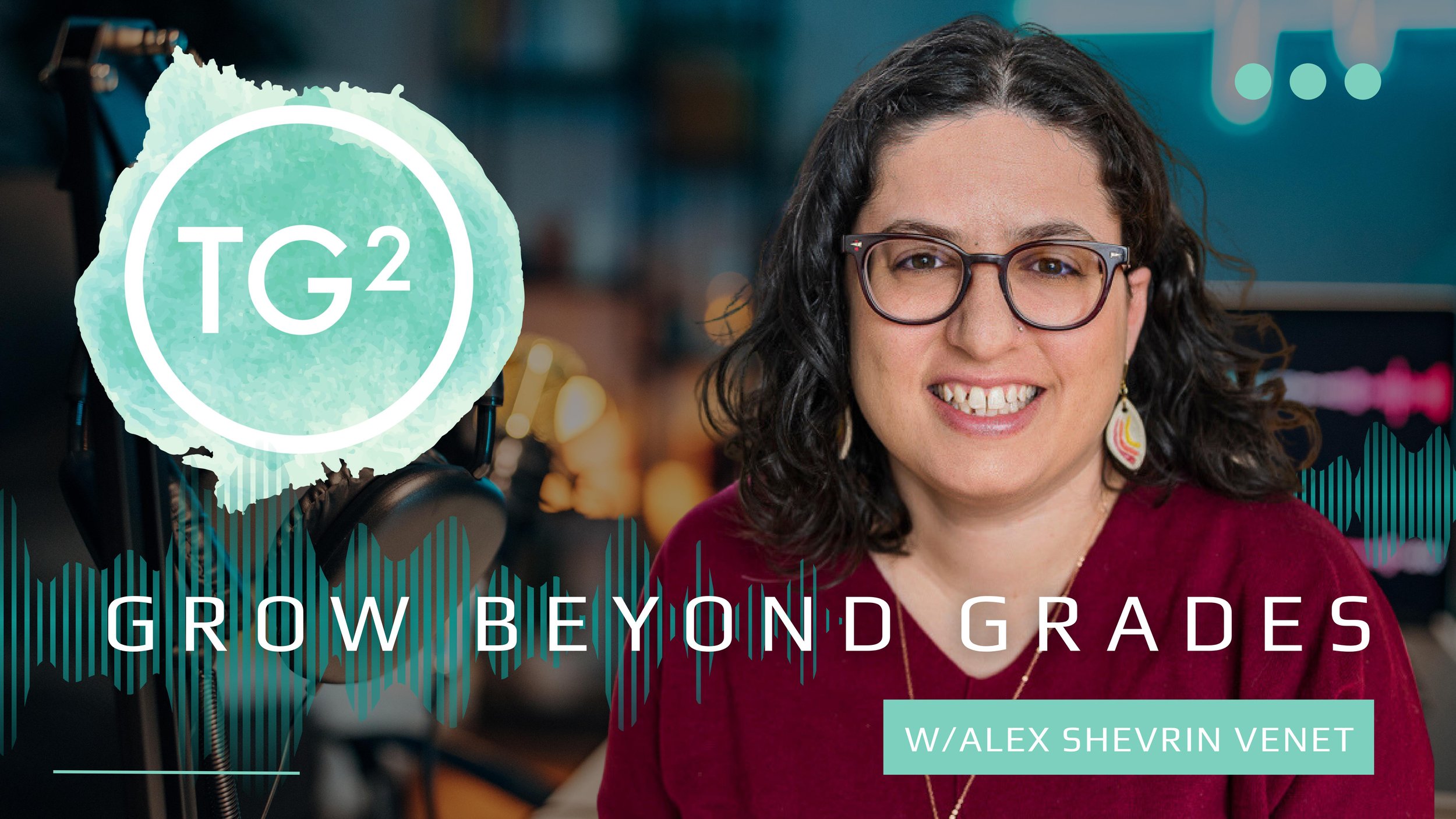Universal Design for Assessment
Having choices in how students show their learning is critically important to access, equity, and even engagement. In addition to these compelling reasons, having choices for demonstrating understanding is a necessary condition of assessment validity. Lee Ann Jung shows how by removing the barriers to assessment, every student has the chance to shine.
Ungrading = Inclusive Assessment?
Grades do harm, and marginalized students are often harmed the most by grades. Yet, as Juuso Nieminen points out, it is dangerous to portray ungrading as a ‘panacea’ or even as a ‘solution’ to the matters of inclusion. Instead, I see ungrading as a deeply contextual, relational practice that can promote inclusion. The critical questions are: why, for whom, and under what circumstances?
Assessing Holistically w/Dr. Carissa McCray
Michelle Cottrell-Williams interviews Dr. Carissa McCray on how teachers can better create equitable, inclusive learning environment that assess learners holistically. Dr. McCray explains why a culturally competent education is important for everyone in our globalized world, and the all-important role assessment plays in reaching all students.
Equity-Centered Trauma-Informed Education w/Alex Shevrin Venet
Lisa Wennerth interviews Alex Shevrin Venet, author Equity-Centered Trauma-Informed Education. Venet explains how schools can become more truly trauma-informed when they center equity and employ “proactive priorities” in planning and decision making. A long time ungrader, Alex examines how the same principles can be used to make ungrading more inclusive and equitable.
Toward Assessment Utopias w/Juuso Nieminen
Lisa Wennerth interviews Juuso Nieminen, whose research focuses on the student perspective in assessment, and particularly how assessment shapes students’ identities in higher education and beyond. By entering into assessment partnerships with students, can teachers disrupt the usual power relations of grading and foster student empowerment?
Different Is Not Deficient
We may not be responsible for the inequities our students have faced before they met us, but they are in our care now—and we have agency over the state of equity in our classrooms. This systemic inequity is reason to not only question the status quo, but undo the harm associated with traditional assessment and teaching methods.
Humanizing Assessment through Culturally Responsive Objectives
Assistant Professor of ELA Education, Karis Jones, shares tips and techniques for how teachers can align their assessment practices with Muhammad’s CHRE (Culturally & Historically Responsive Education) Framework: Identity, Skills, Intellect, Criticality, and Joy.
How Identities Impact Our Pedagogical Practices
Progressive pedagogical practices come at the greatest risk for those who would have most benefit from empowering educational structures. Liz Norell, explains why those with more privileged identities must leverage their identity, positionality, and privilege in creating more inclusive learning environments.
Centering Joy in the Classroom w/Liz Norell
How can we make classrooms more inclusive, engaging, exciting, relevant, and welcoming spaces for learning? Political science professor, Liz Norell, shows how, by embracing pedagogies of equity and care, we can create environments in which all students can flourish.
Inclusive Assessment w/Natalie Vardabasso
Arthur Chiaravalli interviews Natalie Vardabasso, an instructional design and assessment specialist at Calgary Academy, a special education private school in Alberta, Canada. She is the host of the #EduCrush podcast and is a passionate advocate learning spaces that are inclusive of all students.
"Do No Harm" with More Equitable and Motivating Grading Practices
“Our grading practices haven’t changed much from when I was graded, to when my son was graded, to now,” writes Patti Forster. “Grades are still used as rewards and consequences to compare students, and the lowest grades leave scars of feeling not good enough that last a lifetime.”
Welcome to Special Ed: The Power of Empathy in Unprecedented Times
In special education, we strive to recognize and address disabling contexts. COVID-19 and the sudden onset of remote learning means much of the traditional approach to schooling has now become disabling for many students.












